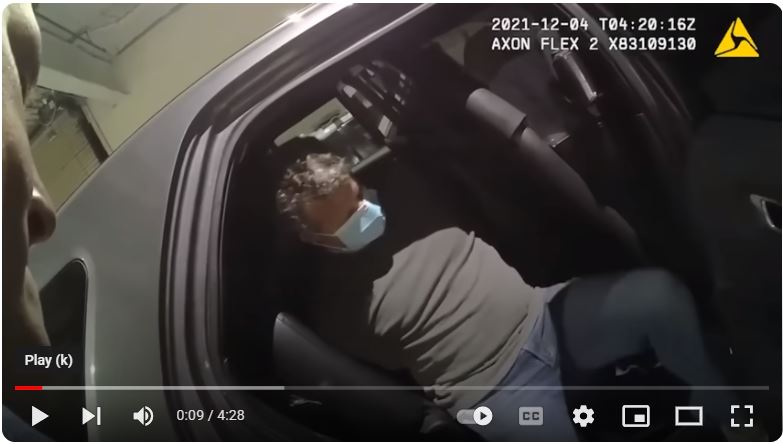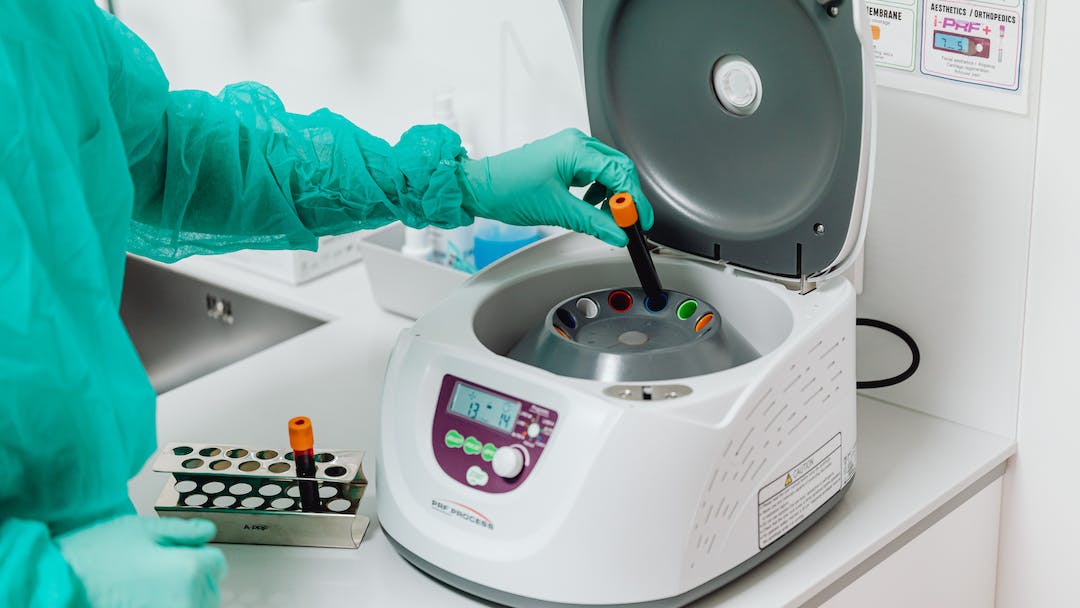THC Detection in Blood: Challenges and Implications
When it comes to enforcing drugged driving laws, police and employers face a unique challenge with marijuana. Unlike alcohol, which is metabolized and eliminated relatively quickly, THC, the psychoactive compound in marijuana, can remain detectable in the blood for several days or even weeks after use.
This is because THC is highly fat-soluble, meaning that it dissolves easily in fat cells. Once THC is absorbed into the bloodstream, it is distributed throughout the body, including the fat cells. When THC reaches the brain, it binds to cannabinoid receptors, producing the intoxicating effects associated with marijuana use.
As the intoxicating effects of THC wear off, it is released from the brain and redistributed to other tissues, including the fat cells. THC can be stored in fat cells for weeks or even months, and it is released slowly back into the bloodstream over time.
This means that a blood test for THC can detect past marijuana use, even if the individual is no longer under the influence. This poses a challenge for law enforcement and employers, who may want to use blood tests to identify drivers or employees who are currently impaired by marijuana.
Scientific Evidence
A number of studies have investigated the relationship between THC blood levels and impairment. One study found that THC blood levels above 5 ng/mL were associated with an increased risk of impaired driving performance. However, another study found that some individuals with THC blood levels below 5 ng/mL were still impaired, while others with THC blood levels above 5 ng/mL were not impaired.
These findings suggest that THC blood levels are not a reliable indicator of impairment. Other factors, such as individual metabolism, tolerance, and route of administration, can also play a role.
Implications
The limitations of THC blood tests for detecting impairment have important implications for law enforcement and employers. Law enforcement officers should not rely solely on blood tests to determine whether a driver is impaired by marijuana. They should also consider other factors, such as the driver’s behavior and performance on field sobriety tests.
Employers who use blood tests to screen employees for marijuana use should be aware that a positive test result does not necessarily mean that the employee is impaired at work. Employers should have a clear policy in place for responding to positive drug tests, and they should take into account all relevant factors, such as the employee’s job duties and performance.
Conclusion
THC detection in blood is a complex issue with important implications for law enforcement and employers. It is important to understand the limitations of THC blood tests and to use them in conjunction with other information to assess impairment.
Implications
The limitations of THC blood tests for detecting impairment have important implications for law enforcement and employers. Law enforcement officers should not rely solely on blood tests to determine whether a driver is impaired by marijuana. They should also consider other factors, such as the driver’s behavior and performance on field sobriety tests.
Employers who use blood tests to screen employees for marijuana use should be aware that a positive test result does not necessarily mean that the employee is impaired at work. Employers should have a clear policy in place for responding to positive drug tests, and they should take into account all relevant factors, such as the employee’s job duties and performance.
Conclusion
THC detection in blood is a complex issue with important implications for law enforcement and employers. It is important to understand the limitations of THC blood tests and to use them in conjunction with other information to assess impairment.
Conclusion
THC detection in blood is a complex issue with important implications for law enforcement and employers. It is important to understand the limitations of THC blood tests and to use them in conjunction with other information to assess impairment.
Did You Know
Michigan State Police Legal Updates
MSP Legal Update No. 153 (01/2023)
- Search & Seizure: The smell of marihuana, standing alone, no longer constitutes probable cause to search for that substance
- Vehicle Code: Violation for impeding traffic requires evidence the accused’s conduct actually affected the normal flow of traffic.
Legal Update No. 153 (01/2023)
MSP Legal Update No. 150 (01/2022)
- Vehicle Code: Persons under the age of 21 may be prosecuted for operating a motor vehicle with the presence of marihuana in their system
- Criminal Law: Ethnic intimidation based on gender includes harassing or intimidating another person because of the actual or perceived gender of that person.
Legal Update No. 150 (01/2022)
Legal Update No. 148 (09/2021)
Legal Update No. 148 (09/2021)
Legal Update No. 147 (03/2021)
More Posts

400K settlement after being arrested for a DUI, even though he passed breath and blood tests
A Colorado man is poised to receive a $400,000 settlement from city authorities after being wrongfully arrested for a DUI, even though he had passed both a breath and blood test.According to the complaint, Elias was driving southbound on College Avenue in Fort Collins...

Evaluation of Field Sobriety Tests for Identifying Drivers Under the Influence of Cannabis
This randomized clinical trial investigates the accuracy of field sobriety tests administered by law enforcement officers to assess functional impairment and driving performance among individuals who have smoked cannabis. Question How accurate are field sobriety tests...

THC Detection in Blood: A Comprehensive Review
THC Detection in Blood: A Comprehensive Review Tetrahydrocannabinol (THC), the main psychoactive compound in marijuana, can remain detectable in the blood for several days or even weeks after use. This is due to the fact that THC is highly fat-soluble, meaning that it...

Ignition Interlock Devices – What you should know
Ignition interlock devices (IIDs) are becoming increasingly common in the state of Michigan. An IID is a device that is installed in a vehicle and prevents the engine from starting unless the driver blows a breathalyzer test and their blood alcohol content (BAC) is...

Driver License Restoration in Michigan
Walking to work is fun. In fact very healthy and climate friendly. But sometimes wouldn't you rather just drive? Unfortunately if your not one of the privileged and had your drivers license suspended or revoked then you have to fight to get it back. Driver License...

Can I have open alcohol in a trailer that is being pulled on the road?
Question: Can I have open alcohol in a trailer or camper that is being pulled on the road? Answer: In most instances transporting or possession of open intoxicants in a vehicle is not permitted. MCL 257.624a states in part, "a person who is an operator or occupant...

Charged with DUI from Cannabis and this Ends up on the Report
So you got pulled over and charged with DUI from Cannabis use and this ends up on the report 11-Nor-9-carboxy-Δ9-tetrahydrocannabinol (11-COOH-THC or THC-COOH) as part of the test results. What is it?? Here's what they say...

DUI in Michigan
DUI in MichiganDriving under the influence (DUI) is a serious offense in Michigan that can result in severe legal consequences. Michigan DUI laws and penalties are designed to prevent impaired driving and keep the roads safe for everyone. From fines and license...

Michigan’s DUI Laws and Penalties
Michigan's OWI Laws and PenaltiesAn DUI / OUI / OWVI conviction requires proof only that the driver shows visible signs of impairment due to ingesting alcohol or drugs. The Michigan Law Under MCL 257.625(3), you are assumed guilty of a crime if, regardless of your...

Michigan Law on Boating Under the Influence
Michigan Laws on Boating Under the InfluenceBoating is a fun activity, but it can be dangerous if the operator is under the influence of drugs or alcohol. Michigan law prohibits operating a motorboat while under the influence of drugs or alcohol. Boating Under the...











